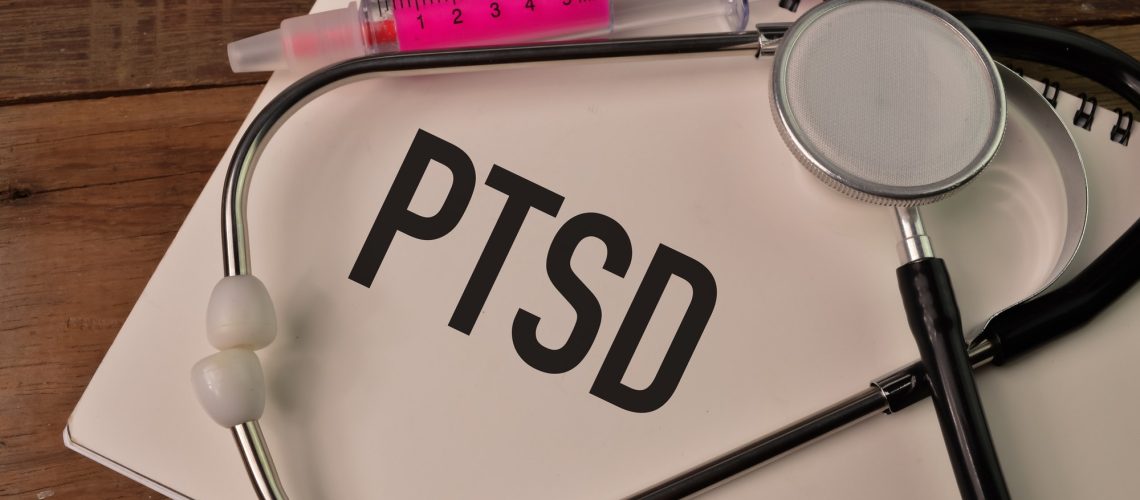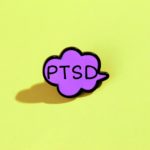Have you ever seen someone going through PTSD aka Post-traumatic Stress Disorder?
While there are tons of case studies on how the general public, specifically women, undergo the PTSD syndrome; more insight is still needed into the PTSD found in veterans and how it affects their lives. Armed forces personnel are at an increased risk of enduring traumatic events and subsequently developing symptoms of post-traumatic stress disorder (PTSD) given the nature of their service.
While the overall public in the United States is very susceptible to post-traumatic stress disorder (PTSD), the likelihood of veterans suffering from PTSD is significantly higher than the general public, and for a variety of good reasons. One of the researches recently revealed that the estimated frequency of post-traumatic stress disorder (PTSD) among veterans ranged from low numbers of 1.09 percent to high rates of 34.84 percent. This is a whopping number of veterans undergoing PTSD and before we can offer solutions to them, it is critical to see the underlying causes. So, let me walk you through the reasons that trigger PTSD in veterans:
- The military service itself puts the veterans at a higher risk of this disorder mainly because they have to witness callous deaths, disasters, and insensitivity.
- Moreover, when in a warzone, they are deprived of their basic emotional needs and amidst that, if they get the news of any of their loved ones dying or struggling, they most likely succumb to PTSD.
- In addition to these, loneliness, lack of empathy, and witnessing sexual assaults ignite the flames of PTSD that engulf the veterans and put their functionality at a halt.
These were certainly not all but the primary or the most common causes of PTSD among veterans and if left undiagnosed and untreated, PTSD keeps getting worse even after years of returning from the war zones. So, prompt communication, diagnosis, and treatment matter a lot in the resolution of PTSD in veterans.
TREATMENT OPTIONS FOR VETERANS WITH PTSD
As mentioned already, the timely recognition of PTSD is crucial to its swift recovery. Therefore, the counselors must be approached and a proper record of feelings and development must be maintained so that any recurrence in the future can be successfully avoided or dealt with efficiently. Anyhow, some of the best options for treatment of PTSD in veterans include:
- One on one mental health assessment and testing to figure out if the personnel have PTSD.
- Prescription of medication proven to be effective for treating PTSD (if the case is beyond severe)
- One-to-one psychotherapy (sometimes termed Cognitive Behavior Therapy and also called talk therapy) includes proven approaches that help in reprocessing trauma and getting rid of its clutches using self-power.
- 1-to-1 family therapy is also offered to ensure strong family support and also to help a family member cope with the person in therapy effectively.
- Group therapy for unique requirements, such as anger or stress management, is also provided so that mood swings can smartly be tackled.
- Group counseling is also given to the Veterans who served in certain war zones or who’ve been through similar traumas to help them beat it successfully.
THE FINAL THOUGHT!
Undoubtedly, PTSD is real and the person combating it goes through a lot both physically and emotionally. Unfortunately, though, the huge number of veterans going through it is worrisome which can best be reduced through improving the in-service regular counseling and follow-ups. In the long run, the veterans will get the skill of coping with troubling thoughts and events and keep PTSD at bay.
If you’re experiencing PTSD, Addiction, depression, or anything related to your military services, please do not hesitate to call us at 205-287-5951 or email us.
A counselor is standing by to assist you and get you back to duty.











